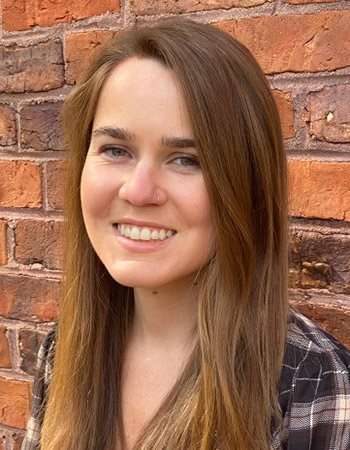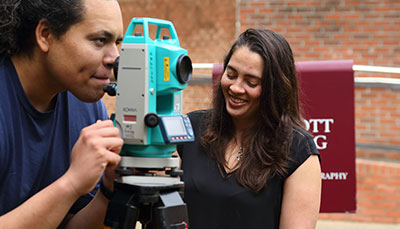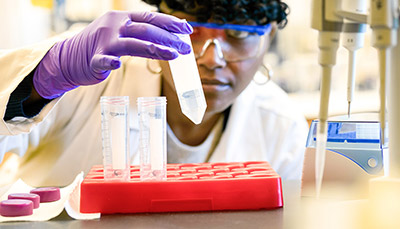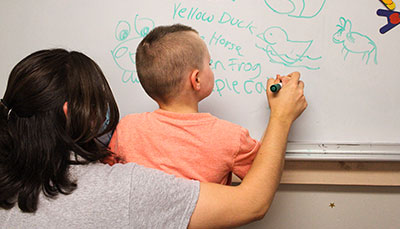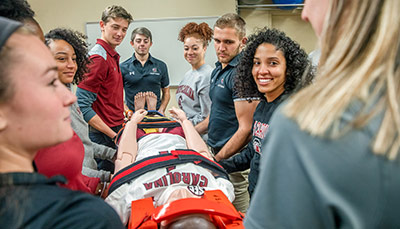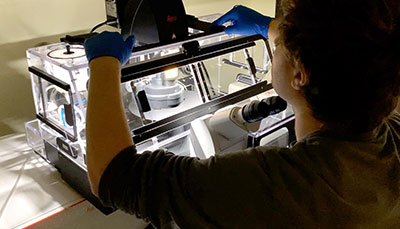Biostatistics, M.S.
Arnold School of Public Health
Evaluate important health issues and health care programs across a variety of industries by applying your in-demand statistical skills and techniques in a research or clinical setting.
Gain critical skills in a growing field when you learn to apply statistical theory to the planning, development and evaluation of health programs and problems. Prepare for sought-after roles in academic research and teaching, corporate research and the public sector in government, nonprofit and public health agencies.
Program Highlights
-
Meaningful Work
Integrate mathematics, statistics and public health to turn data into the answers to health-related questions.
-
Dedicated Faculty
Learn from 11 full-time faculty members experienced in using rigorous methods to unravel the true story hidden within complex data.
-
High Demand
Work in private industry, universities, research institutes, state health departments and governmental agencies (CDC, NIH).
Building Skills
Gain the professional and personal intelligence it takes to have a successful career.
-
Data Analysis
Examining and interpreting information to uncover insights and inform decision making
Research
Gathering and analyzing information to increase knowledge or solve problems
Problem Solving
Identifying, analyzing and resolving problems or challenges using creative and effective strategies
-
Communication
Exchanging information and ideas through speaking, writing or other means of expression
Collaboration
Working with others to achieve a common goal or objective
Data Simulation
Using mathematical or statistical models to replicate real-world scenarios and predict outcomes
Using your degree
Make your college experience the foundation for a successful future.
Learn how alumni use degrees with outcome data from Gamecock GradStats, a service of the University of South Carolina Career Center.
Potential Careers
- Researcher
- Data Analyst
- Biotechnologist
- Biostatistician
Job Titles of Alumni
- Biostatistician
- Data Scientist
- Data Analyst
- Consulting Statistician
- Associate Director Biostatistics
Average Alumni Salary
Five to 10 years after graduation without additional education $87,922
Workplace Settings
- Health Care
- Education
- Government
- Business
- Nonprofit
- Life Sciences
Employers of Alumni
- Atrium Health
- Childrens National Medical Center
- Pfizer
- Centers for Disease Control and Prevention
